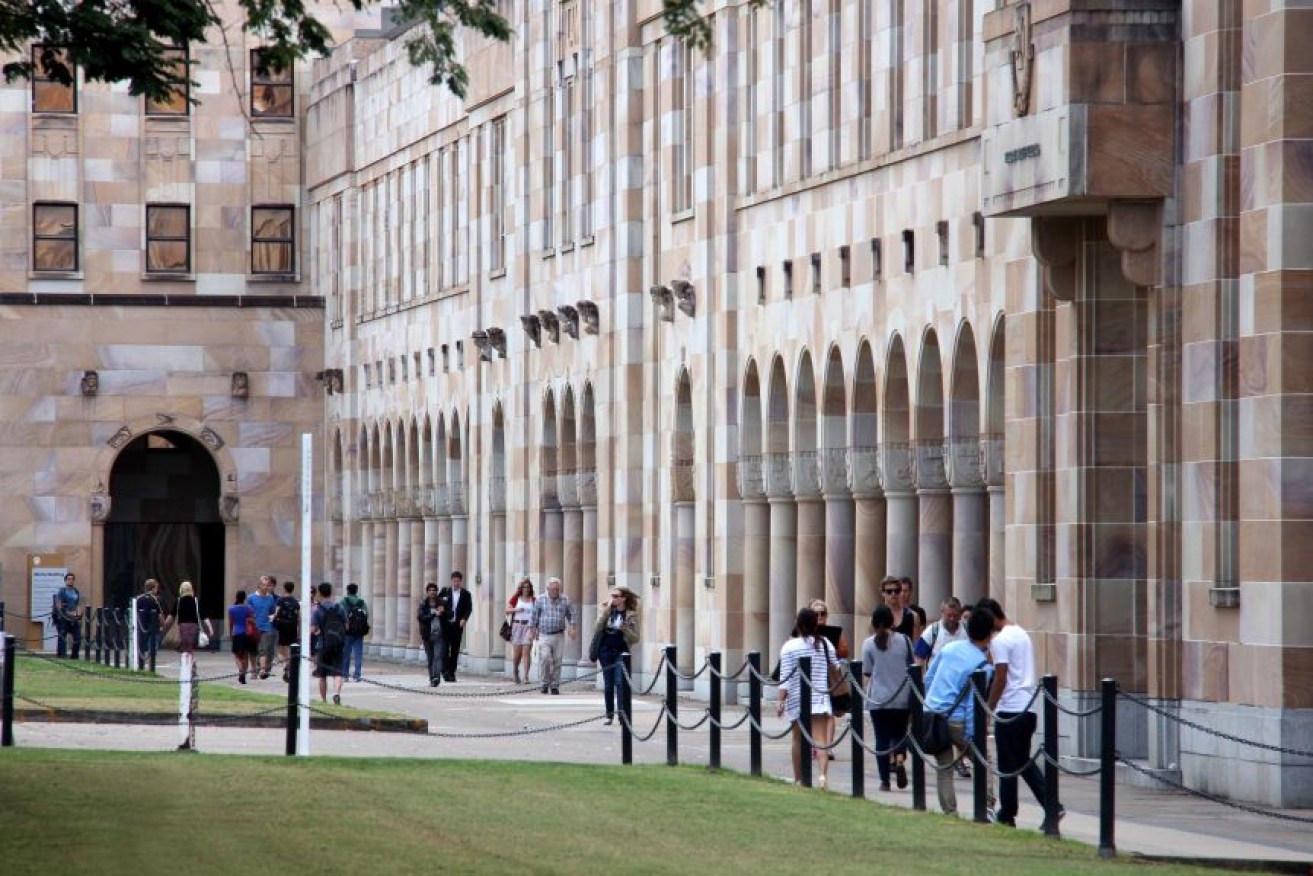Cost of law, arts degrees to skyrocket as govt gains Senate support
University students will soon pay much more for law and arts degrees under controversial changes set to pass the Senate.

The university sector is expected to lose billions of dollars in revenue due to coronavirus. (Photo: ABC News: Giulio Saggin)
The cost of humanities courses will skyrocket in an attempt to push future students towards “job-ready” qualifications such as nursing and engineering.
The contentious higher education changes will be passed with support from Centre Alliance, which has delivered the Morrison the final vote required.
Centre Alliance MP Rebekha Sharkie said the legislation would deliver funding certainty for the university sector while giving disadvantaged and regional students greater access to education.
Sharkie is confident the changes will motivate students to study in fields with skills shortages.
“It is ridiculous that year after year we churn out thousands of law graduates, many of whom will never work in law, and yet we import engineering graduates,” she said.
“Something has to change.”
The legislation is the first order of government business in the Senate on Tuesday afternoon.
Critics of the bill argue it will increase fees for some courses by up to 113 per cent, cut billions of dollars in funding for teaching, punish struggling students and force universities to do more with less.
Sharkie said the coalition had committed to pump extra funding into universities in her home state of South Australia, and better protect students who fail subjects in their first year.
But the National Tertiary Education Union is furious the minor party has agreed to support the bill, warning it will lump a generation of students with overwhelming debt and deter many from seeking a university degree.
“This legislation does nothing to address the funding and jobs crisis that is smashing our universities, with over 12,000 jobs lost and a revenue shortfall of nearly $3 billion,” NTEU national president Alison Barnes said.
“Rather than stepping in with a robust support package, the Liberals and Nationals have pushed the cost of the crisis onto students and the university workforce.
“The bill will strip $1 billion of funding from universities, more than double the cost of many courses, in particular arts and humanities, and make it more difficult for many students to go to university.”
Education Minister Dan Tehan told AAP the laws would provide more university places for Australian students.
He said the bill would make it cheaper to study in areas of expected job growth and provide more funding and support to regional students and universities.
Tasmanian independent senator Jacqui Lambie fears the changes will hit poor people hardest and has challenged claims the package will lead to 100,000 new university places by 2030.
She took aim at Centre Alliance for supporting the changes despite conceding the bill was not perfect.
“It’s a bill that creates no new uni places, makes them more expensive, gives 10 per cent off coupons to rich kids and tells poor kids to go dream elsewhere,” Senator Lambie said.
“Every uni in SA loses, every student in SA loses. Not perfect? My word.”
South Australian Greens senator Sarah Hanson-Young and independent Rex Patrick also called on Centre Alliance to reject the laws.
“Any changes (the Centre Alliance) negotiate to the bill will be like putting a Band-Aid on a broken bone,” Senator Patrick said.
The University of Adelaide has argued the bill will deliver its students a nine per cent increase in HECS-HELP charges and reduce the university’s funding by 15 per cent.












